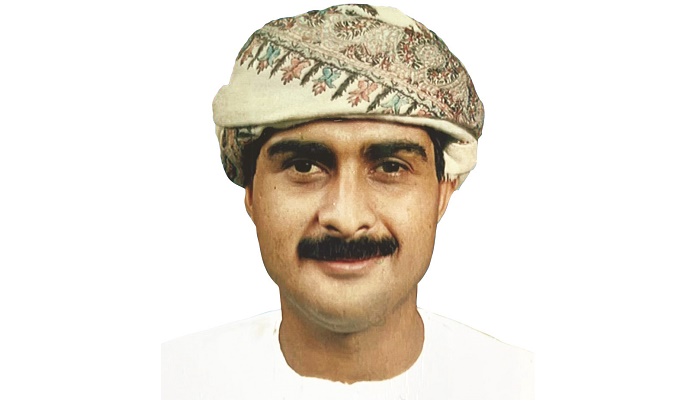
Creativity in cultural arts needs more funding to promote talents in young people to preserve artistic values in a country that has a rich traditional diversity that spans for centuries.
One example needing attention is that of the crumbling old houses built centuries ago that are not revived. It is not just the walls and roofs of these works of art that are falling but the traditional artefacts like shelves, pottery, wooden beams and furniture that have survived for centuries are buried underneath the collapsing rubble.
Oman as a country, exported its heritage and customs far beyond its borders and earned distinctive praise. But back home in this age and time, it has attracted little attention. For example, poetry that used to be recited every Friday afternoon in the open courtyards are now occasions of the past. The famous Omani dances like the Razha do not get the attention they deserve anymore.
With music comes traditional dances very notable in towns like Salalah, Sur, Musandam, Buraimi and Nizwa. The local made musical instruments like tambourines, drums, trumpets and flutes have entertained weddings, cultural activities and festivals for many centuries. But sadly, they are now weaning off.
The camel races that go back for centuries, are losing their grip. Oman still is one of the top breeding grounds of camels in the world. Both camel racing and breeding need to be revived to bring back the proud tradition. In horses, Oman always maintained the tradition of rearing the best Arab stallions for exporting market in the 1700s and 1800s, mostly to European countries.
And what can you say about boat building? Probably no nation in the world perfected the art of seafaring like Oman did between the 10th and the 19th century. Omani vessels sailed the oceans and explored the world long before Christopher Columbus and Vasco da Gama were born. Sohar-born seafarer, Ahmed bin Majid, invented the navigating compass to help sailors cross the oceans and wrote a book in the 1400s about sea navigation.
In handicrafts, Omanis weaved baskets and carpets from fronds made from date trees as well as hand fans and roof covers to keep themselves in the shade during the hot summers. They came up with an excellent engineering technique of preserving water during the rare raining seasons in the form of falaj and well systems. This way, they had water throughout the year for both their domestic use and farms.
During the cold winter, Omanis used sun-heated palm fronds erected on the inside walls of their houses to keep them warm, like we do now with solar power panels. They depended only on their resources to get with their lives.
However, in modern times, the same cultural pursuits are still used in our daily lives. From water preservations engineering systems all the way to farming and solar power. But we need to revive these skills and a support system must be in place to get them flying again.